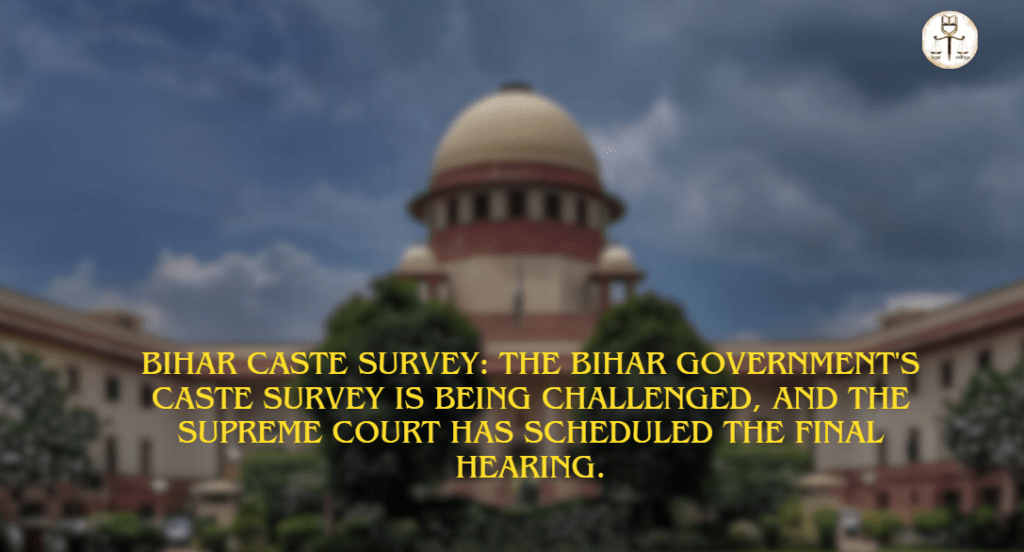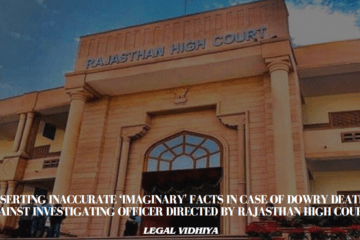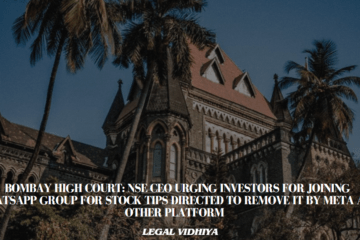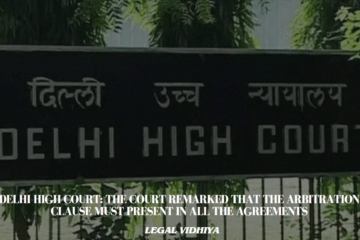
The Supreme Court on Monday (February 5) scheduled in April the final hearing of public interest litigation (PIL) petitions challenging the constitutionality of the caste-based survey conducted by the State of Bihar.
The Patna High Court’s August 2 ruling upholding the Bihar government’s decision to conduct a caste-based survey was challenged by non-governmental organisations Youth for Equality and Ek Soch Ek Prayas, among others, in special leave petitions being heard by a division bench of Justices Sanjiv Khanna and Dipankar Dutta. Notably, the State has been prevented from releasing or acting upon the results of the caste survey by the court’s repeated refusal to grant any stay or status quo order.
The court did voice concerns about the reluctance to publicly reveal the breakdown of the survey results during the previous hearing, even though they were reluctant to grant a temporary stay. “It is a different story if it is completely accessible. Justice Khanna noted that generally, the data breakdown should be made available so that individuals can contest a specific assumption. The court summarily adjourned today’s hearing and directed that it be rescheduled for the week starting on April 16.
CASE SO FAR
The survey is now complete, and the Supreme Court has declined to temporarily stop it without first hearing from the parties. It has often stated that it opposes the issuance of any stay order in the absence of a strong enough case. Senior Advocate CS Vaidyanathan spearheaded the legal opposition to the caste survey in August. The senior attorney, representing NGO Youth for Equality, contended that a reasonable, equitable, and just law was required to violate someone’s privacy in light of the 2017 Puttaswamy verdict on the fundamental right to private. A law of this kind must also pass the proportionality test and have a justifiable purpose.
Therefore, an executive order from the government could not replace such a statute, especially as it made no mention of the rationale behind the exercise. In addition, Vaidyanathan expressed privacy concerns over the survey’s required disclosure requirement. In response, the bench questioned whether the government’s intention to reveal merely aggregated data—rather than individual data—would have an impact on the right to privacy guaranteed by Article 21 of the Constitution. Judge Sanjiv Khanna also questioned whether it violated participant privacy to conduct a caste survey in a place like Bihar, where neighbours are familiar with one other’s castes.
In a related event, the Bihar government was accused of adding “hijra,” “kinnar,” “kothi,” and “transgender” as items in the caste list when conducting its caste-based census. This was the subject of a recent Supreme Court petition. Nevertheless, trans activist Reshma Prasad stated that the top court was unwilling to consider a petition that referenced a later government clarification permitting non-binary people to reveal their gender identification in a different column.
BACKGROUND
The decision made by the Bihar government, led by Chief Minister Nitish Kumar, to launch a caste-based survey on January 7 in order to digitally compile data on every family, from the panchayat to the district level, through a mobile application, is being scrutinised in this litigation. The Patna High Court delivered its decision this month sustaining the temporary stay on the caste-based survey that the Bihar government was conducting after first issuing one in May.
Affirmative action under Article 16 and beneficial legislation or schemes under Article 15 “can be designed and implemented only after the collection of the relevant data regarding the social, economic, and educational situation in which the various groups or communities in the State live in and exist,” the high court further held that the state government was competent to carry out the survey. The Patna High Court’s ruling has been the subject of numerous appeals brought before the Indian Supreme Court.
Case Name: Ek Soch Ek Paryas v. Union of India
Name: Tanya Kumari, BALLB, College: Vivekananda Institute of Professional Studies, Intern under: Legal Vidhiya ( Legal Journalism )
Disclaimer: The materials provided herein are intended solely for informational purposes. Accessing or using the site or the materials does not establish an attorney-client relationship. The information presented on this site is not to be construed as legal or professional advice, and it should not be relied upon for such purposes or used as a substitute for advice from a licensed attorney in your state. Additionally, the viewpoint presented by the author is of a personal nature.




0 Comments